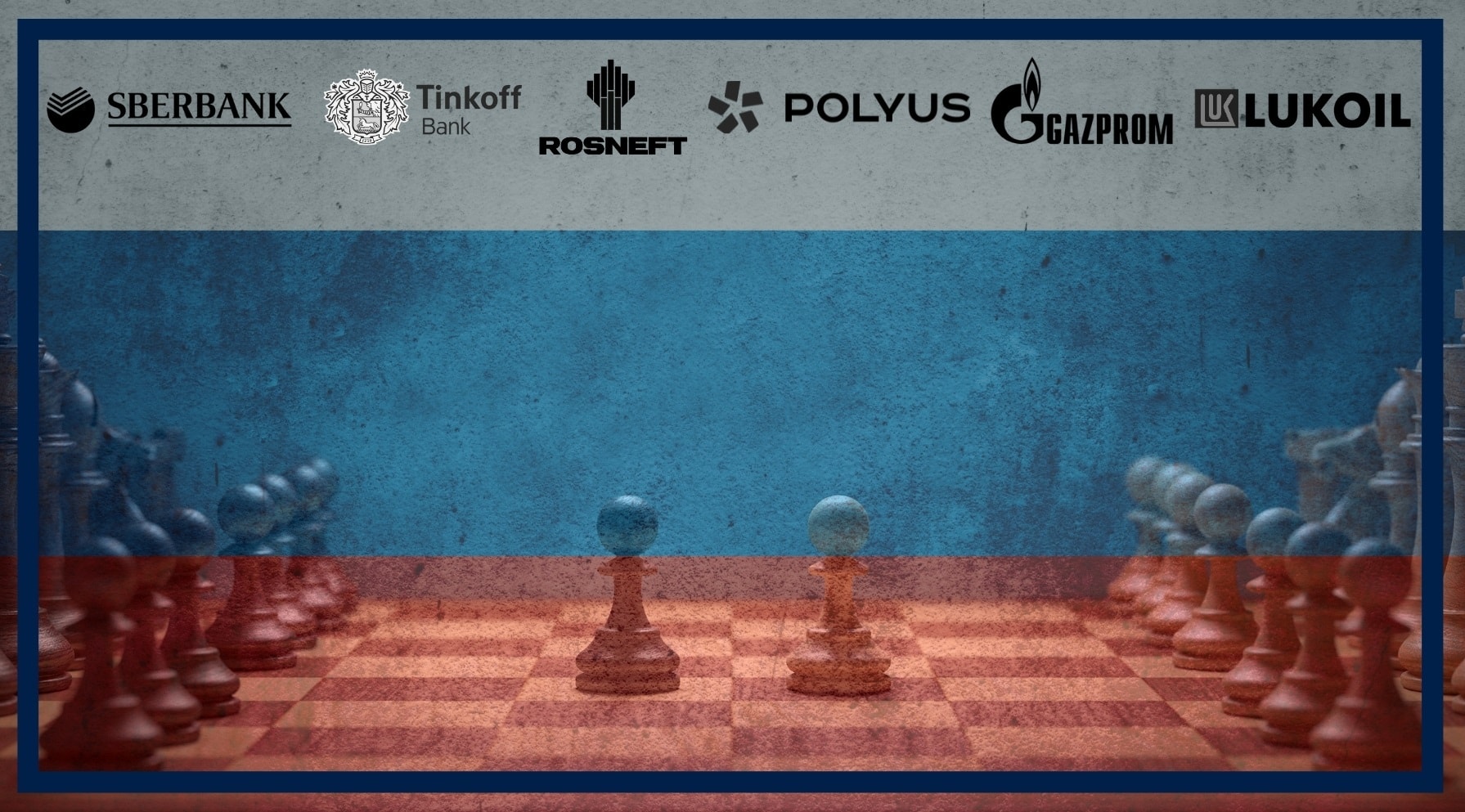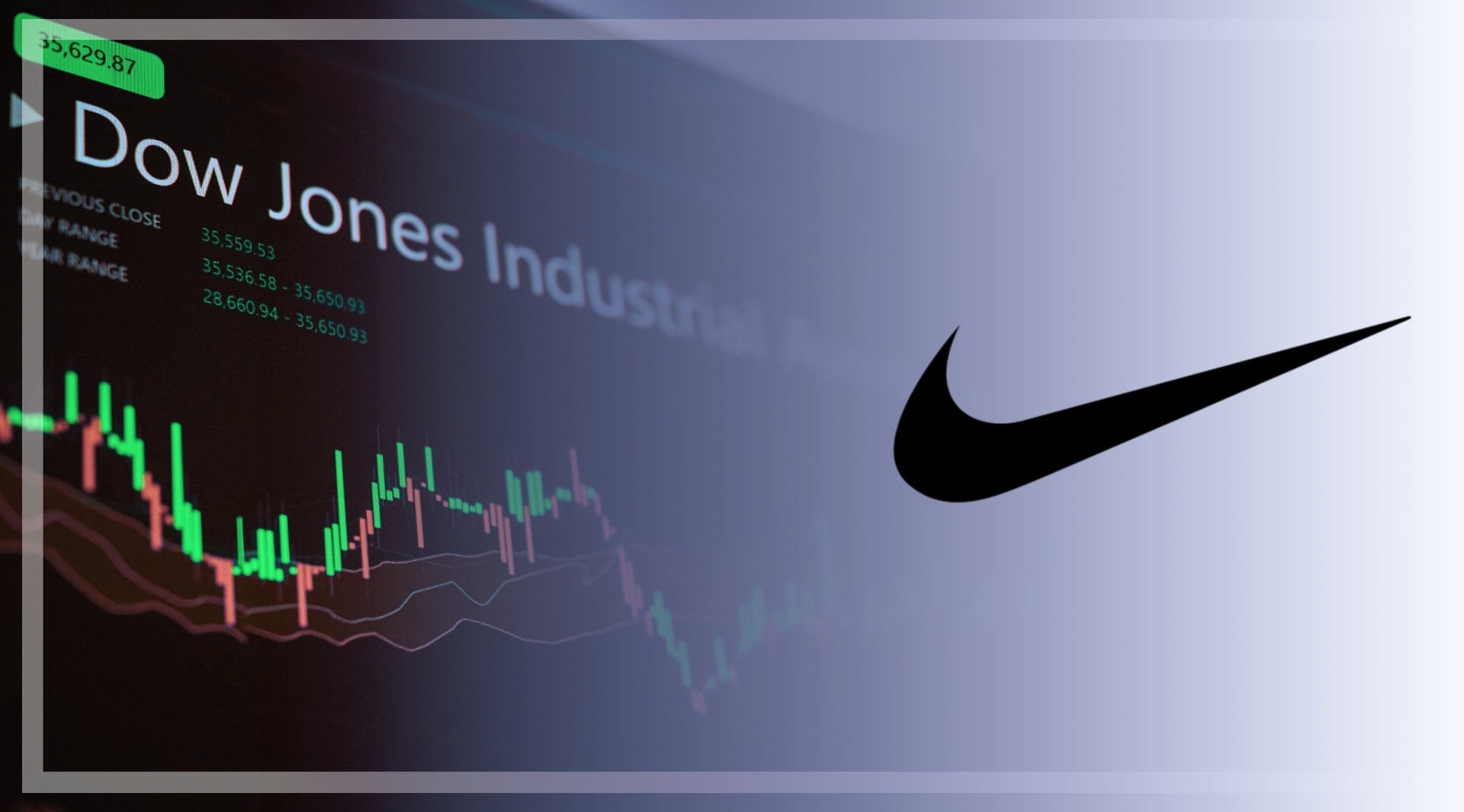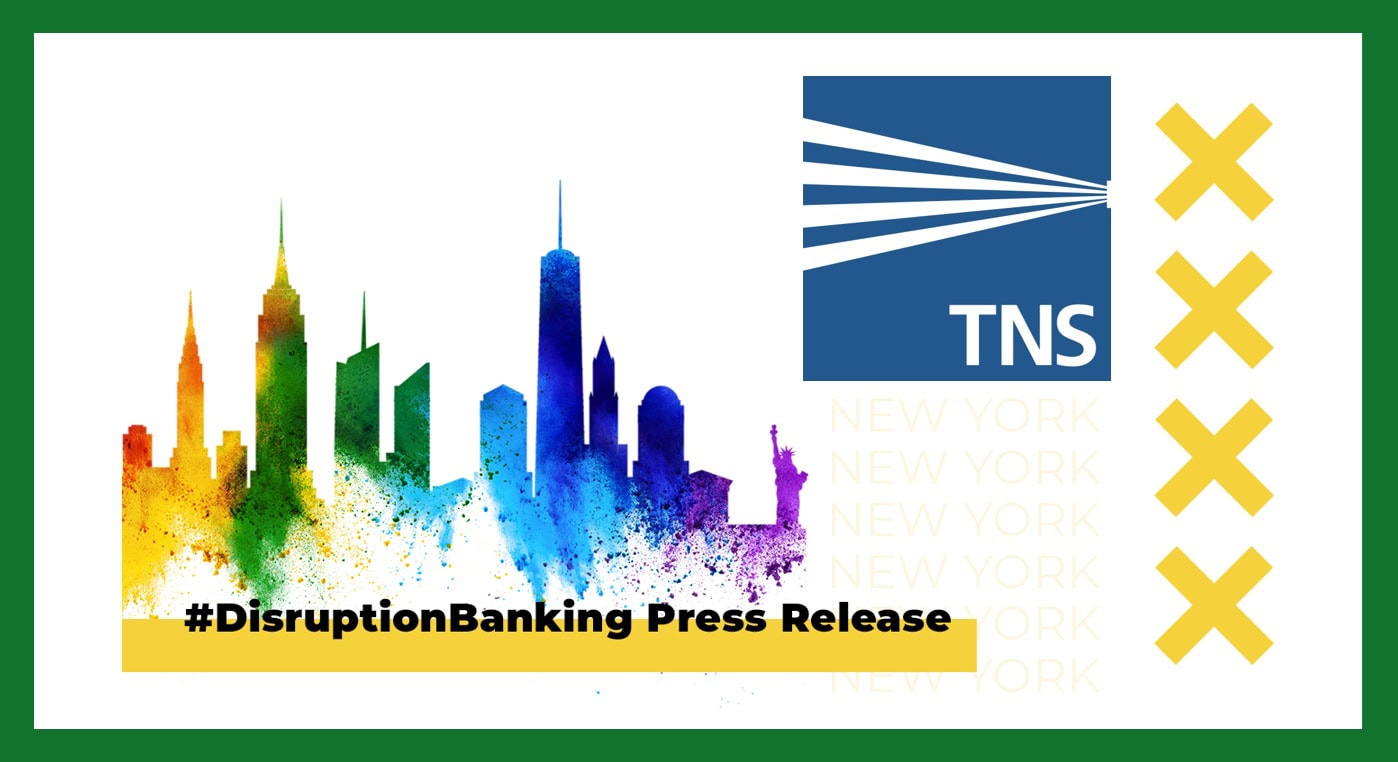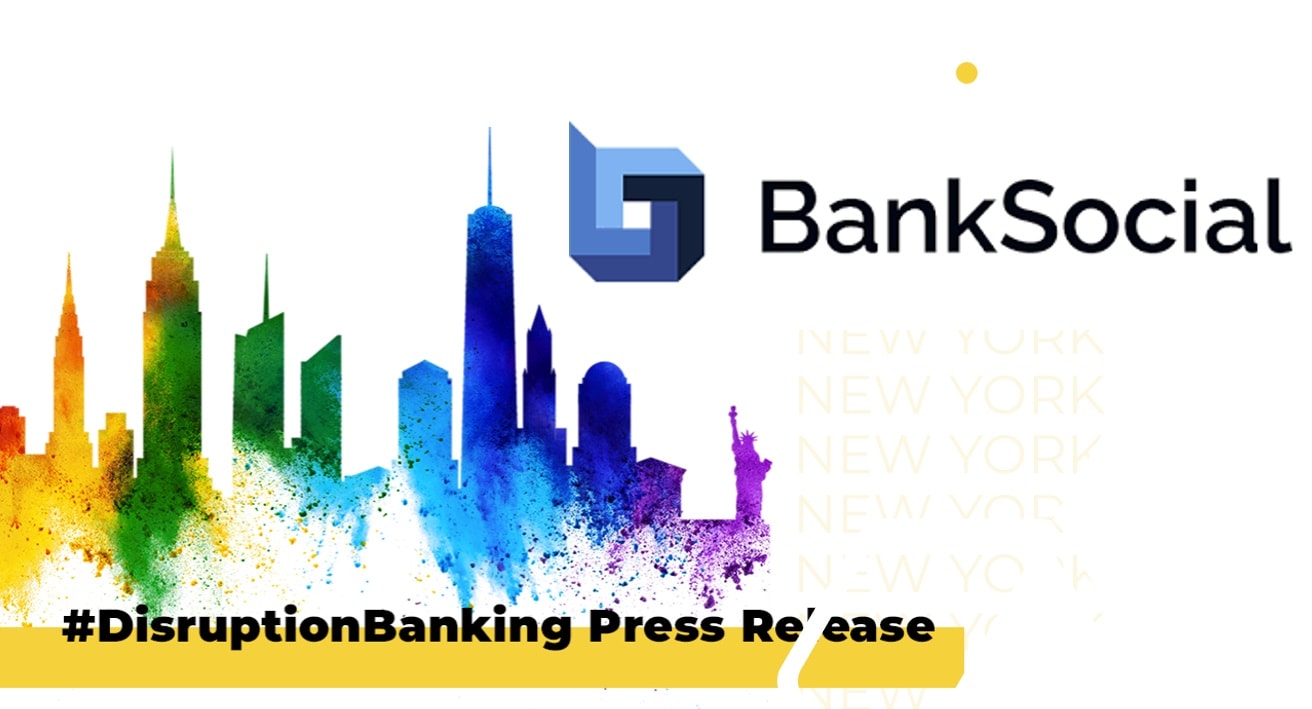This is an incredibly difficult time to write about capital markets, let alone predict any type of future. Words like ‘financial warfare’ and ‘uninvestable’ are becoming daily topics on most news channels. The Central Bank of the Russian Federation is facing its biggest challenges in recent times. Gazprom is still heating much of Western Europe. In the meantime, the Moscow Stock Exchange remains shut. Its future remains uncertain.
Unusually the European Central Bank announced their assessment of Russia’s largest bank, Sberbank, just after midnight local time on Monday morning. They usually wait till 8am at least to send out press releases. This time the story seemed to suggest that things were going to develop a little differently:
The European Central Bank (ECB) has assessed that Sberbank Europe AG and its two subsidiaries in the banking union
— #DisruptionBanking (@DisruptionBank) February 28, 2022
Sberbank dd in Croatia and Sberbank banka dd in Slovenia
are failing or likely to fail owing to a deterioration of their liquidity situationhttps://t.co/46ZD2cZy10
The Moscow Stock Exchange
It didn’t take much time for the impact of Putin’s invasion of Ukraine to affect the Moscow Stock Exchange. It would also be a lot easier to write the full story if one had access to the website of the exchange. But, just like Russia Today and many other Russian websites, it is not loading. It could be that stories about a cyber-attack are true, many of the leading Russian companies are facing hostility from various internet activists.
Today’s Moscow stock exchange is a merger of two previous exchanges at the end of 2011. It’s particularly strong in FX, and very large in derivatives. More importantly, at the end of 2016, it was the 26th largest equity market in the world.
There are several success factors behind the growth of the exchange. Good monetary policy is one of them. Set by the Russian Central Bank. Another has been the strength of oil & gas, financial services, and some telco. Lower interest rates coupled with a boost of Fintech growth are the final factors.
The leading firms listed on the Moscow exchange include Gazprom, Sberbank, Rosneft and Lukoil. Other firms listed include Polyus, the largest gold producer in Russia. The London Stock Exchange also lists these companies. This helps them to get access to currency, international clients, and liquidity.
That all changed last week. On Monday it was confirmed that the Moscow exchange was suspended. By Wednesday the London Stock Exchange had also suspended trading in Russian equities. The future of some of these companies hangs in the balance. These companies employ hundreds of thousands of employees. The future of many of these people looks uncertain.
Firms like Tinkoff Group (TCS) are in the Fintech space. Just like the other companies mentioned, Tinkoff or TCS is listed both on the London and Moscow exchanges. Tinkoff apparently developed the world’s first voice assistant for financial and lifestyle services called Oleg. Just like the founder Oleg Tinkov who was in the news recently.
Digital bank Tinkoff was one of Russia’s tech success stories but the invasion of Ukraine, and sanctions, triggered a 90% drop in its share price, erasing billions from the fortunes of its high-flying founder Oleg Tinkov. https://t.co/pqJX6wxfxI
— Forbes (@Forbes) March 2, 2022
The Uncertain Future of Fintech in Russia
As of the 1st of January 2022, Tinkoff had 14.6 million retail customers. They had a few more corporate and wealth customers too. The company’s Tinkoff super app was named the fastest growing financial app in Russia in 2021. Tinkoff’s user base grew by 41% in 2021.
Best Digital Bank for Small Business Lending and Best Customer Journey in Small Business Lending, and Bank of the Year are just some of the awards the company has accumulated. Its even got ESG on its agenda. Quite a success story. Makes you relate to what must be the equivalent to Starling Bank or Ally Financial in Russia.
#DisruptionBanking covered a story about Oleg Tinkov, just a few weeks ago. Tinkov founded Tinkoff Credit Services (TCS) in 2005. However, just last September he paid over $500 million for taxes, statutory interest on that tax and a fraud penalty. He paid this to the IRS in the U.S.
Today Tinkov is in the news for a completely different reason:

Part of the message that Tinkov was relaying in his post was how: “Now in Ukraine innocent people die every day, it is unthinkable and unacceptable! States should spend money on curing people and research to defeat cancer, not on war. We are against this war!” Strong words when the government threatens up to 15 years imprisonment for spreading ‘false information’ about the invasion.
You might want to consider drawing parallels between Tinkov and Jimmy Lai, the activist from Hong Kong. Lai once shared with CNN how “only Trump can save Hong Kong”. Today’s narrative about the war in Ukraine is not dissimilar.
The Uncertain Future that the Central Bank of the Russian Federation has to Plan
The FT recently reviewed how Elvira Nabiullina is facing the current situation in Russia. Nabiullina has been the Governor of the Central Bank of Russia since 2013. The current economic crisis that looms ahead for Russia is her biggest challenge yet.
Putin meets with his top advisors today. pic.twitter.com/mIirRtnoXY
— Jonathan Karl (@jonkarl) February 28, 2022
Depicted as a rather forlorn figure at the far end of the table on Putin’s right. Commentators suggest that Nabiullina didn’t look impressed at all with the task she was about to face as the war kicked off. Of course, what choice does she have? If she steps down, who else is there to take on the burden of guiding the Russian economy through the uncertain future, it faces?
Navalny is a reminder to any who might oppose Putin. Nabiullina is more of a macro-economist than an activist. Her toughest stance so far has been against cryptocurrencies. A much easier target than the Russian President.
Trouble is, Nabiullina has been forced to raise interest rates in Russia to 20%, as well as try to placate the ever more erratic Russian President. At the same time, a recent government paper estimated Russians own about 2 trillion roubles ($26 billion – as of February) in crypto. At the same time JP Morgan is forecasting that Russian general domestic product will collapse by 35% in the second quarter of 2022.
For now, Nabiullina is putting on a brave face. Keeping calm and carrying on. What else can she do faced by the enormity of her task?
This is Elvira Nabiullina, head of the Russian Central Bank. She starts with 'it's a difficult time, be kind to colleagues.' Then it gets interesting – 'Let's don't get into political disputes at work and on social media.' No 'support our troops/president' of anything like that. https://t.co/Foled6dnep
— Pavel Podvig (@russianforces) March 2, 2022
Investors in the Moscow Stock Exchange Beware
There is also the small matter of foreign investment in Russian equities. BlackRock and others hold Russian assets worth almost $170 billion at the end of 2021. There is the real risk that these assets will be worthless.
Last week Stephen Bird, CEO of abrdn told Reuters that Russia and Belarus are “non-investable”. He highlighted how they were uninvestable on an ESG basis.
Which begs the question, what will happen when the Moscow Stock Exchange opens again? Foreign holdings of Russian equities totalled $86 billion at the end of 2021, Moscow exchange data show. Will any of this money ever return to those investors?
For a moment consider who holds Russia’s Central Bank reserves? Statista managed to save an archived report by Russia’s Central Bank showing the details. According to the report China was the biggest foreign holder of Russian central bank reserves as of June 30, 2021. China held 13.8% of the Russia’s reserves.
Russia holds 21.7% of the reserves in the form of gold. No doubt helped by the performance of Polyus whom we mentioned earlier. According to the report, around 25% of the reserves were held in France, Germany, and Austria. However, more than three quarters of Russia’s central bank reserves are foreign currency assets. Around half are foreign currency securities, like government bonds, which never leave their country of issuance.
Can you see the inter-connection? Perhaps investors really need to consider writing Russian investments down to zero. Why would Russia want to honour these investments considering the lack of co-operation by the West when it comes to the country’s foreign currency securities?
China might already be offering a future that Russia needs to consider.

The Chinese show their hand with UnionPay
Having watched the most recent stories about TikTok and Netflix leaving Russia, it’s no surprise to hear that Mastercard and VISA are clearing off too. What may be more surprising is just how quickly China’s UnionPay is jumping in to fill the vacuum.
Surprisingly, the announcement by Sberbank, Alfa Bank and Tinkoff came on a Sunday. UnionPay has the largest share of global card expenditure at 45%. The move is not a bad one for Russia. It’s not as if UnionPay is ‘second best’.
However, we are in the middle of the largest case of financial warfare ever seen. Will UnionPay walk away from this unscathed? There are things like Stripe’s partnership with the Chinese giant to consider. Could Stripe consider tearing up the partnership because of what consumers might perceive to be backing Russia?
The next weeks and months will be hard to predict. The future is anything but certain, much like the future of the Moscow Stock Exchange.
Author: Andy Samu
#UnionPay #Tinkoff #Gazprom #SberBank #MoscowStockExchange #CentralBankRussia #Uninvestable #Equities #FinancialWarfare

















